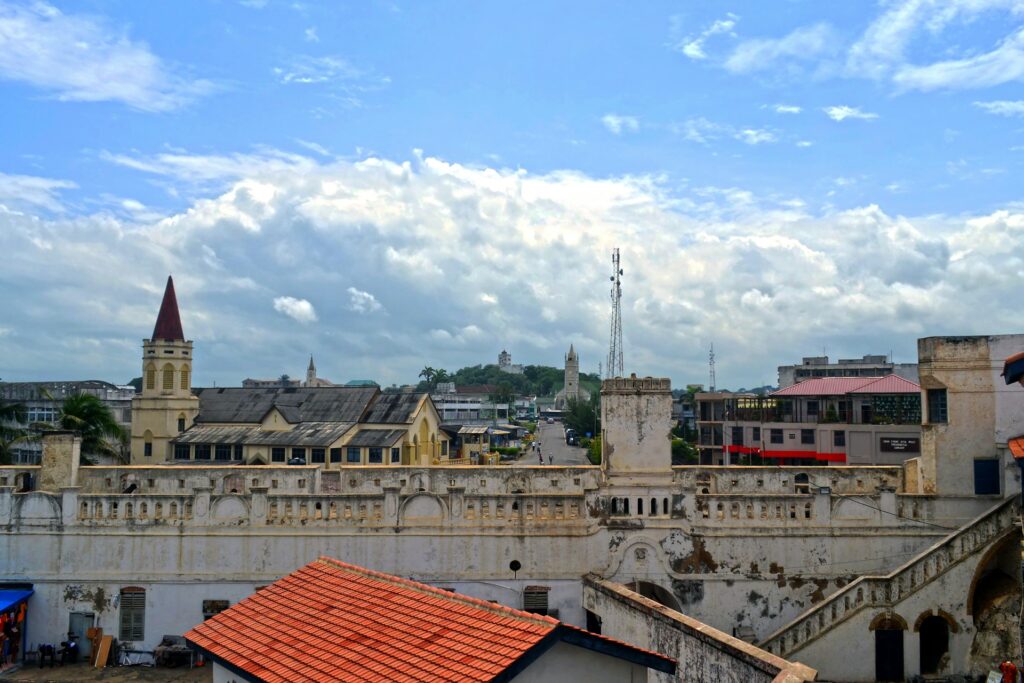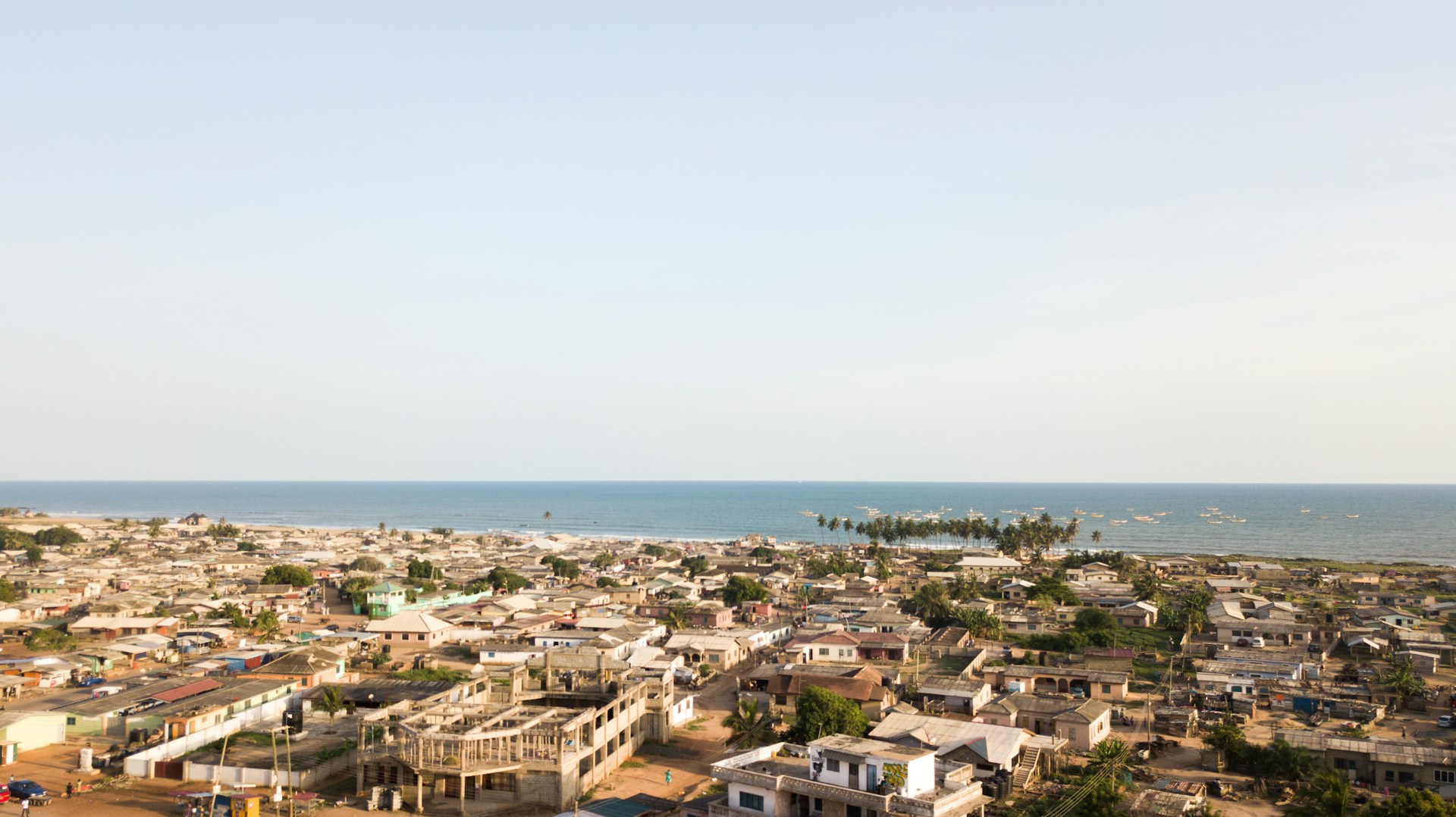Understanding Housing Mortgage in Ghana – Key Insights and Challenges
Out of all the things, which people can seek in order to gain ownership to a house, housing mortgages are fast assuming a crucial role in Ghana.
This is especially the case as Ghana becomes increasingly urbanized with the demand for affordable homes being out-rightly surpassed by the supply as mortgages give many a chance at owning a home they wouldn’t been able to without.
However the mortgage scenario in Ghana has its own challenges like high interest rate and restricted mortgage market; and people to people accessibility of financial resources.
This article presents housing mortgage in Ghana by analyzing the current situation, requirements, and problems, as well as reviewing new development and future expectation.
Overview of the Housing Mortgage in Ghana
Mortgage market in Ghana is relatively young compared to more developed countries despite the growth that has been realized in the sector.
Personal finance is also characterised by a very limited number of both banks and other financial institutions that offer mortgage credit; the credit is relatively expensive and the requirements are beyond the reach of an average paid worker in Ghana.
The people are still using the saving or borrowing from friends/relatives to acquire homes more so, the take-up of mortgage loan products still remains a negligible.
However, the government of Ghana and financial institutions are persistently trying to enhance the availability of housing finance.
In Ghana, the main contributing players towards growth of mortgage market include the Ghana Home Loans (now First National Bank Ghana) and services from mortgage departments of banks including Stanbic and Fidelity.
Currently, the government of the Republic of Ghana has also sought to ease the shortage and homeownership by coming up with housing policies.
Key Requirements for Obtaining a Housing Mortgage in Ghana
They include the following in Ghana, mortgage acquisition entails the fulfillment of several conditions by prospective borrowers put forward by the country’s banks and other financial institutions.
Often it involves the following documents and financial conditions. Here are the key requirements:
1. Proof of Income:
The Ghanaian mortgage lenders insist on income proof to be able to determine how capable the applicant is to pay the money back.
While existed payroll or pay slip for salaried employee they must present it, whereas freelancer or self-employed personnel may need to submit financial statements.
2. Down Payment:
Almost every mortgage lender expects a down payment, which averages from twenty to thirty percent of the property price.
It can be quite large, which may keep some potential buyers away, and therefore a pyramid remains a distant dream for most people.
3. Credit History:
The credit history must be good and it would only be useful for the applicant and the lender to consider the credit record.
They state that people whose credit history is bad or low credit score will have less chances of getting a loan.
4. Property Valuation:
It is the valuation report of the property that the lender needs to determine its market value.
This way, there is a guarantee that the property has value as the grant credit and that its prices are competitive in the market.
Satisfying these requirements can be a challenge for most of the population, especially those having low savings or/and an unpredicted income level; thus, the importance of offering more effective and accessible financial products.

Challenges Faced by the Industry – Housing Mortgage in Ghana
The evolution of the mortgage sector in Ghana is beset by some significant challenges that affect its supply and demand.
Some of the key obstacles include:
1. High Interest Rates:
The interest rates for housing mortgage in Ghana are relatively high compared to other African countries, with some of the bank rates starting from 15% and over 30%.
High such rates mean with a monthly payment simply becomes expensive making mortgages unattainable to those in the lower and middle-income categories.
2. Economic Instability:
There are invariably the vagaries that face many emerging markets such as Currency fluctuations and high inflation rates which makes it increasingly difficult for individuals or corporate organizations to make mortgage repayments.
This uncertainty has an impact on vulnerability of the borrower to default and the vulnerability of the lender in extending credit facilities.
3. Short Loan Terms:
Housing mortgage in Ghana has shorter repayment periods than those from other countries with majority of the loans being granted for 10 to 15 years.
This leads to higher monthly premium, which reduces the feasibility even more.
Recent Trends in Ghana’s Mortgage Market
There is a gradual transformation of the Ghanaian mortgage market prevailing some prospective trends in the market that seeks to enhance the rate of approval to housing finance.
In the recent past, there have been calls to investor-funded affair between banks, private developers, and the central government to build more affordable homes.
For instance, some policies like the National Housing and Mortgage Fund have been developed to encourage even feeder interest rates for worthy borrowers, and such policy will help the Ghanaian people to own homes.
Related financial services are also continuing to introduce differentiated mortgage products, including but not limited to, rent-to-own products that form mortgage solutions suitable for those who fail to secure conventional mortgages.
Also, some banks are coming up with products that offer more relaxed contractual conditions and little down payments making mortgages moderately accessible.
Future Outlook for Housing Mortgage in Ghana
Thus, there are high prospects in the mortgage market of Ghana for the future, if there are some issues, for example, high interest rates as well as accessibility to increase increasingly.
However, the recent democratically elected Ghanaian government Places high emphasis on housing and urban development and has pledged to make home ownership more affordable to Ghanaian’s.
Further enhancements of financial literacy along with interest rates reduction and cooperation with global housing finance entities will remain crucial for the mortgage market development.
Therefore the development of a sound mortgage system in Ghana Has the potential to positively impact the living standards of people; catalyse economic growth; and contribute to the reduction of the housing backlog in Ghana
Conclusion: Building the Foundation for Homeownership in Ghana
Despite the fact that the market of housing mortgage in Ghana is still relatively young and faces a number of challenges the future for its development seems fairly promising due to the fact that Ghana is currently trying to deals with the housing deficit.
Affordable mortgage products therefore presents a reality of owning homes for those Ghanaian who have been dreaming about it.
If joined up efforts are made by the government, creditors, and the private sector players in Ghana the country will go on creating structures that provides a window to homeownership to as many Ghanaian citizens as possible enhancing the country’s and every individuals’ economic stability.
Also read: Affordable housing in Ghana: Market shaping indicators

